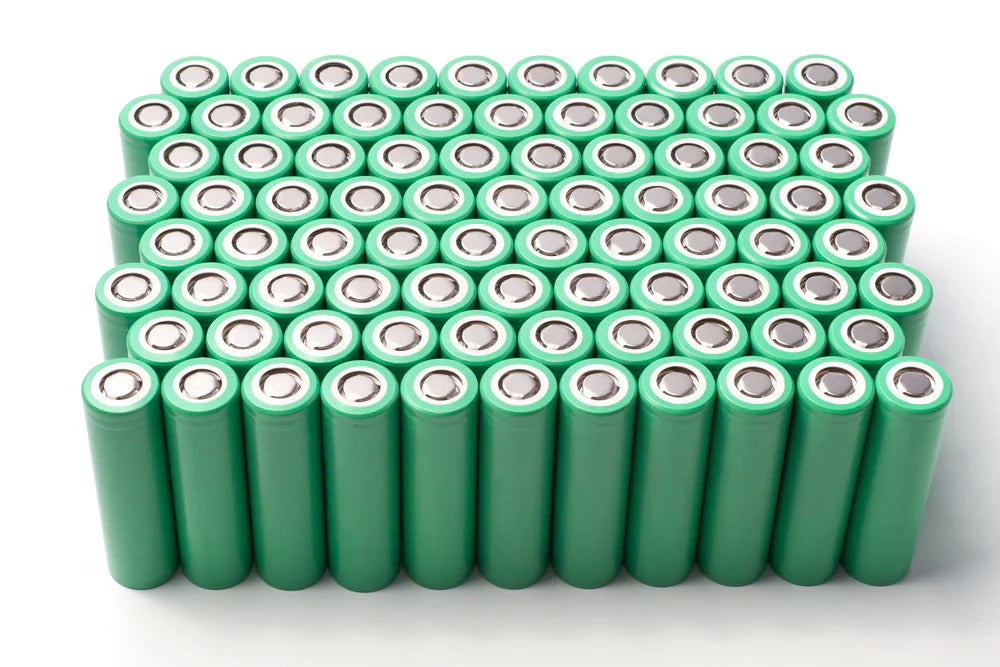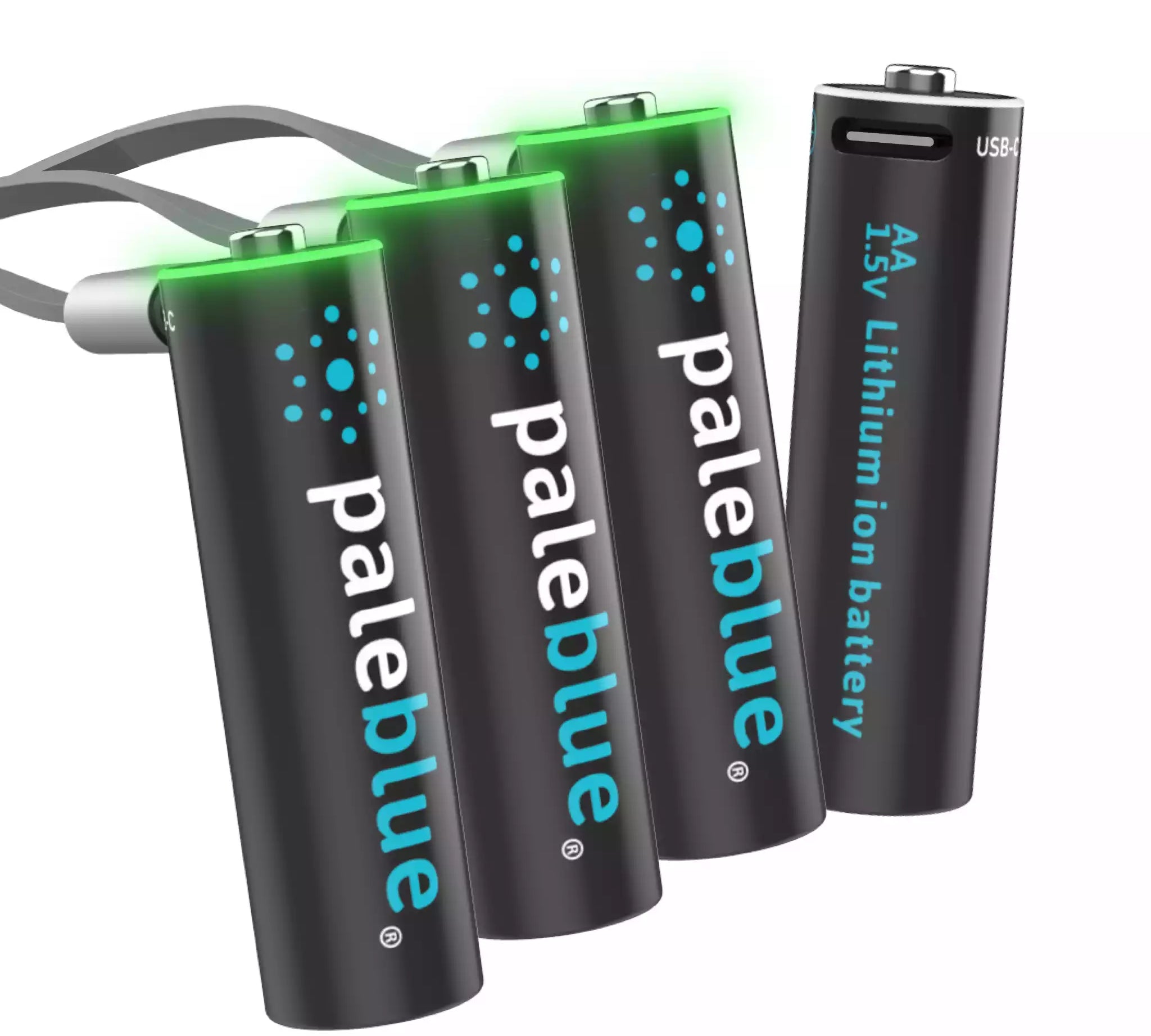Do Recycled Batteries Really Have Value?

We will always promote rechargeable batteries over single-use disposables for the simple fact that we want to keep as many alkaline batteries as possible out of landfills. At the same time, we encourage our users to recycle batteries whenever possible. And that's not just lithium-ion batteries; it is all kinds of battery cells. Believe it or not, recycled batteries do have genuine value.
Recycling tends to get a bad rap due mainly to the fact that curbside recycling programs haven't lived up to expectations. That really is unfortunate. Local municipalities may not have figured out how to recycle paper, glass, and plastic cost-effectively, but many organizations that recycle batteries do a much better job.
Call2Recycle demonstrates as much by explaining what happens when batteries are recycled. Though we will not get into details here, we will summarize their information.
Single-Use Batteries
When we talk about single-use batteries, we normally refer to disposable alkaline products. However, there are single-use lithium batteries. These are known as primary lithium batteries. Both types of single-use products contain valuable materials that can be recycled.
Alkaline batteries offer materials that can be used to manufacture steel or be used as aggregate for road asphalt. Other materials can be utilized to make sunscreen. As for primary lithium batteries, the materials gleaned from them are put to use manufacturing stainless steel, sporting goods, silverware, and even new batteries.
Rechargeable Batteries
Rechargeable consumer batteries based on lithium-ion, NiCad, NiMH, and NiZn technologies contain a plethora of reusable materials. Again, sporting goods and silverware come to mind. So do pots and pans as well as the stainless steel that goes into residential appliances and commercial kitchens.
Some of what is left over is put into manufacturing new batteries. These can be consumer batteries (like AAA and 9V) or specialized battery packs for cell phones, laptop computers, etc.
Other Types of Batteries
Of primary concern are the consumer-grade batteries that power our electronic devices. But as you know, there are other types of batteries. There are deep cell batteries that power golf carts, trolling motors, lawnmowers, and the like. There are automotive batteries in gasoline-powered cars and trucks. Then there are the lithium-ion electric car batteries.
All of them contain valuable materials. These materials are used to make new batteries and consumer goods. As you can see, the story is similar from one type of battery to the next.
Disposing of the Waste
Unfortunately, nothing in this world is 100% recyclable. There is always at least some amount of waste or loss of quality involved. What happens to the waste from battery recycling? That depends on local policies and what private refuse haulers are willing to do.
Much of the leftover material becomes landfill fodder. Even though landfilling has become controversial over the last several decades, it is still the best method we have for dealing with waste. It is generally safe and quite effective. As long as we are careful about what we landfill, we can continue doing it for the foreseeable future.
Another option is incineration. In some local areas, this is the preferred method of dealing with certain types of waste materials. In others, local governments do not like the idea. Some are extremely strict about what can be incinerated while others have banned the practice altogether.
The most important thing to remember here is that recycling reduces the amount of waste that has to be dealt with. Recycling also reduces our dependence on the resources needed to make batteries. We wholeheartedly believe recycling is still better than throwing batteries directly into the waste stream. Better yet, upgrade to the latest tech so you can avoid buying and tossing so many batteries.
- Tags: Economical Sustainability







